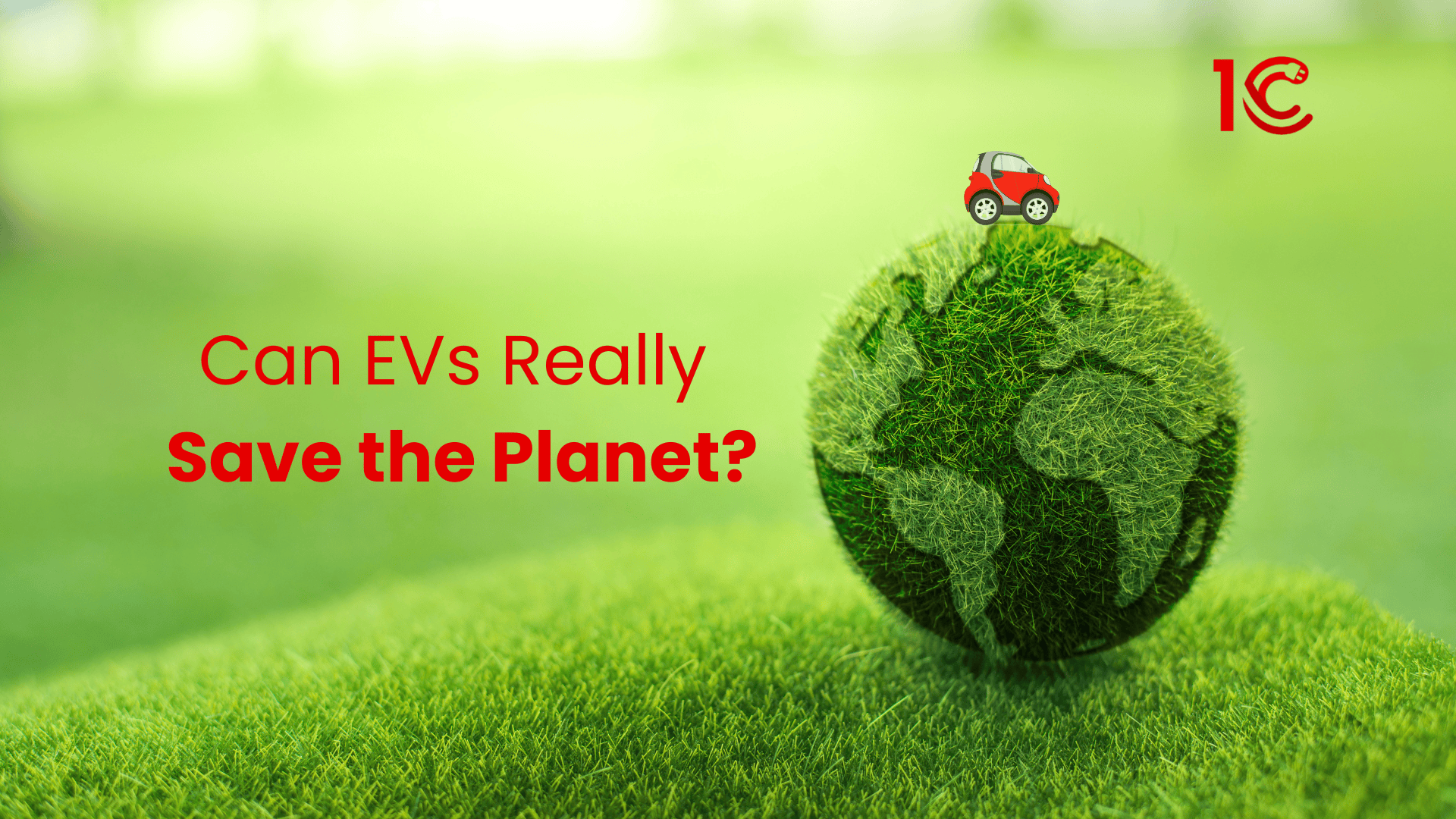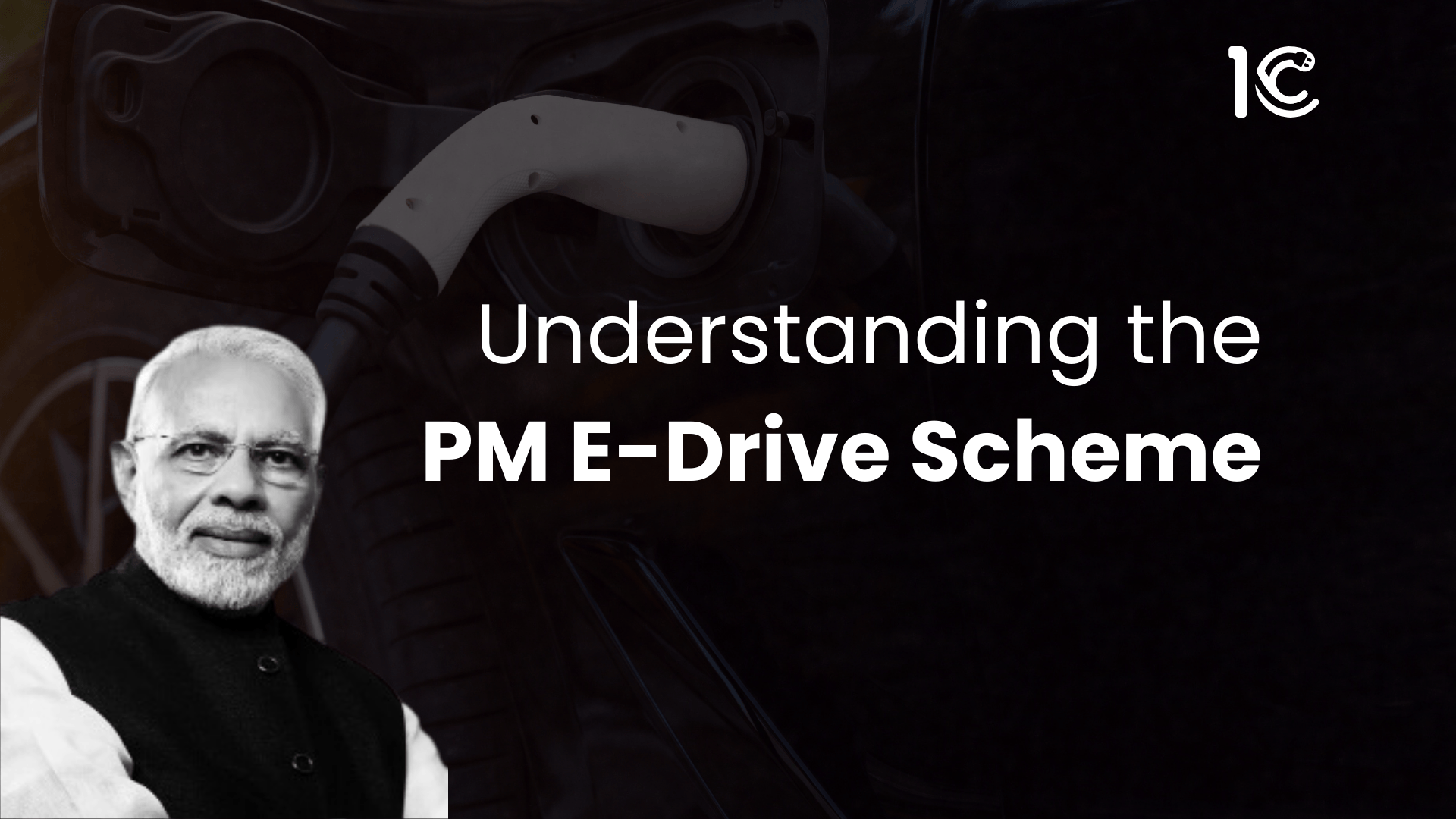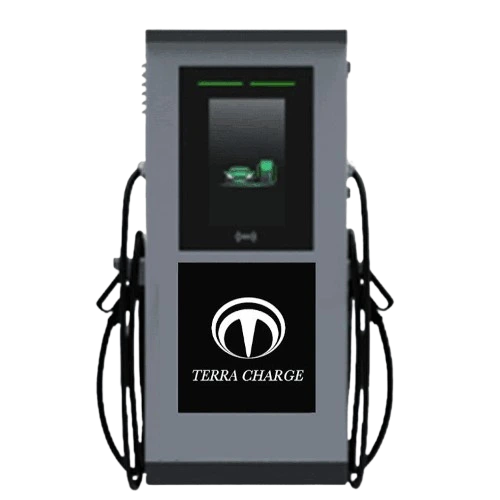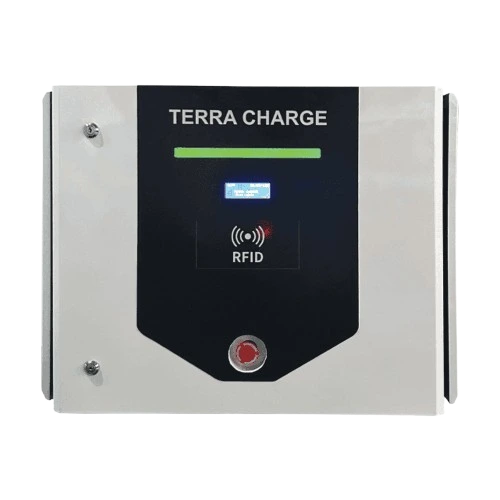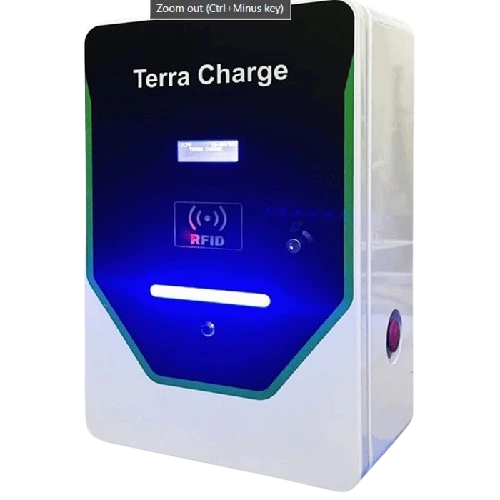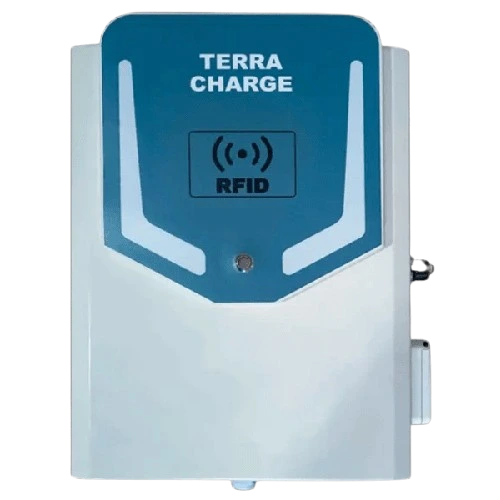Audi has opened a high-speed charging spot in Mumbai, partnering with ChargeZone to offer a robust 450kW capacity. The new ‘e-tron hub’ at Bandra Kurla Complex can give a substantial 360kW boost to Audi’s electric cars, such as the Q8 55 e-tron. With India’s largest EV battery (114 kWh), the Q8 can charge from 20% to 80% in just 26 minutes. The station uses green energy and features a solar roof. Audi aims to create a convenient charging experience, offering rapid charging, a comfy lounge, and assistance. This initiative supports Audi’s commitment to sustainable mobility in India.
Impact on EV Industry
Audi’s new fast-charging station in Mumbai makes a significant impact on the electric vehicle (EV) industry in India.

Fast Charging Technology Advancement:
- The station’s 450kW capacity sets a new standard for fast charging in India, reducing the charging time significantly.
- The 360kW power boost to electric vehicles, especially the Q8 55 e-tron, enhances the practicality and convenience of EVs.
Massive Battery Capacity:
- The Q8 55 e-tron’s 114 kWh battery, the largest in any Indian passenger vehicle, signals a leap forward in EV battery technology.
- Faster charging times for such a large battery contribute to overcoming one of the main challenges in EV adoption.
Sustainability Commitment:
- Using green energy and a solar roof aligns with Audi’s commitment to sustainability, setting an example for environmentally friendly charging infrastructure.
- This emphasizes the industry’s shift towards cleaner energy sources for EV charging.
Alleviating Range Anxiety:
- The rapid charging infrastructure addresses concerns about range limitations that make EVs more viable and attractive for consumers.
- This could encourage more people to consider EVs, contributing to the growth of the EV market.
Customer Experience Focus:
- The provision of premium amenities, such as a lounge and coffee vouchers during the charging process, enhances the overall customer experience.
- This customer-centric approach could set a benchmark for other players in the industry, promoting healthy competition.
Wider Access to Charging:
- Audi is expanding its charging network in India with 140+ chargers across 73 cities, including dealerships.
- This broader accessibility supports the widespread adoption of EVs, making them a feasible option for a larger audience.
Technological Integration:
- Features like the ‘Charge my Audi’ on the myAudiConnect app, offering complimentary charging, showcase the integration of technology to simplify and incentivise EV usage.
- Such initiatives may influence other automakers to adopt similar technologies, driving innovation in the EV sector.
Conclusion
Audi’s new fast-charging station in Mumbai is a big step forward for electric cars in India. It charges really quickly, helps with range worries, and uses green energy. Audi is not only making electric cars more practical but also focusing on a better experience for the people using them. The station sets a higher standard for the whole electric vehicle industry in the country. Also, Audi is showing a commitment to being eco-friendly, which is good for the environment. Overall, it’s a positive move towards a more sustainable and convenient future for electric vehicles in India.
FAQs
How long does it take to charge an electric vehicle at a typical charging station?
Charging times vary depending on the station and the vehicle’s battery capacity. Fast-charging stations can typically charge a vehicle to 80% in 30 minutes to an hour, while standard charging may take several hours.
Are electric vehicle charging stations compatible with all electric cars?
Charging stations come in different types, including Level 1, Level 2, and DC fast chargers. Most electric vehicles can use Level 1 and 2 chargers, but DC fast chargers may require specific vehicle compatibility. It’s essential to check your vehicle’s charging capabilities and the station’s specifications.
How does Audi’s new ultra-fast charging station impact the wider electric vehicle (EV) industry in India?
Audi’s ultra-fast charging station sets a new standard for EV infrastructure in India. The 450kW capacity and the rapid charging capabilities, especially for the Audi Q8 55 e-tron, showcase advancements in charging technology. This initiative addresses a range of concerns and contributes to the overall growth and acceptance of EVs in the country.
What steps is Audi taking to promote sustainability in the electric vehicle ecosystem?
Audi is working to be more environmentally friendly in the electric car world with its ‘e-tron hub.’ The station gets all its power from green energy, including a solar roof for other electrical needs. This fits Audi’s bigger plan to be more sustainable and shows a good example of how car companies can be more eco-friendly.
Related Articles >>>
Understand the evolution of transport from horse carts to electric vehicles and explore how EVs are driving us toward a greener future!
Key considerations for successful EV charging infrastructure planning: site selection, utility integration, installation, and operational efficiency.
An authoritative guide to bust the most common myths about electric vehicles, making it easier to understand the real benefits of EVs.
Understand the powerful synergy between renewable energy and EV charging stations, shaping a cleaner and more sustainable future. Read on to learn more.
Can EVs really save the planet? Learn more about the environmental benefits and challenges of EVs, and how they fit into a larger sustainability strategy.
The PM E-Drive Scheme is a major step for driving the growth of EVs in India. Learn more about how it will impact the EV industry, businesses & consumers.







